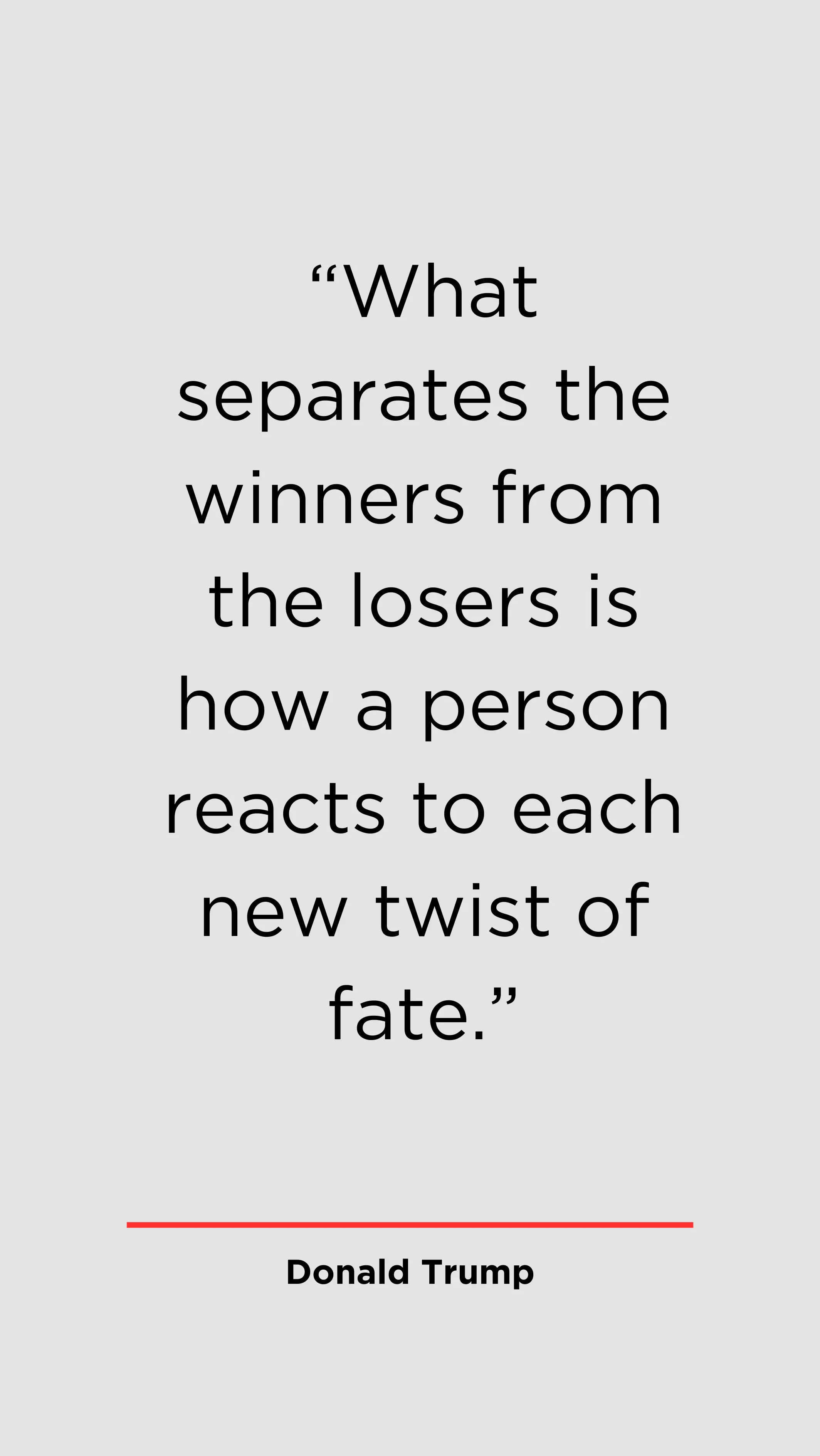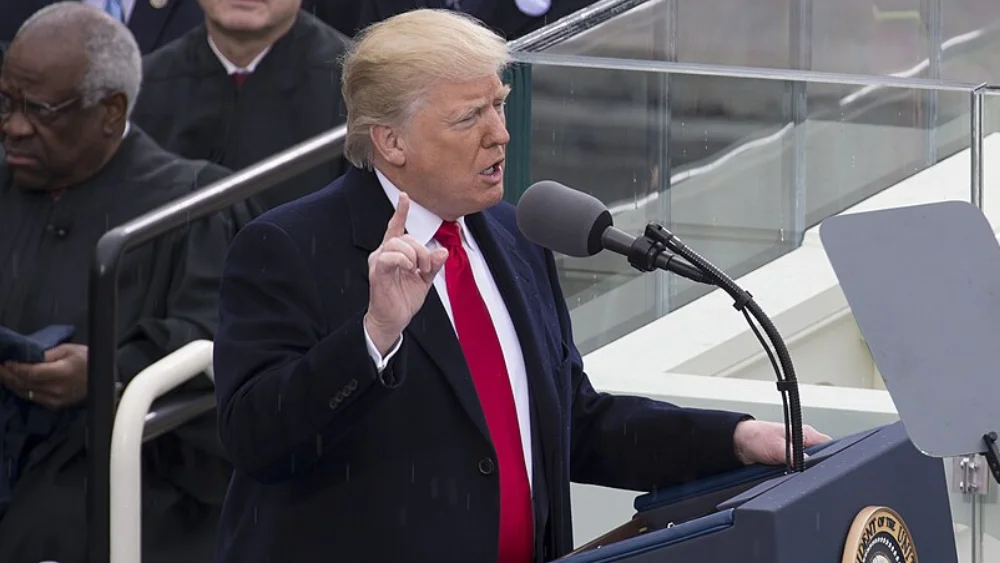Donald John Trump, the 45th and 47th President of the United States, is a highly influential figure in modern American politics. Born on June 14, 1946, in Queens, New York City, he rose to prominence through business success and reality television stardom. His presidency notably reshaped the American political landscape, leaving a lasting impact on the nation.
Early Life and Business Ventures
Donald Trump’s early life was undeniably influenced by his family’s deep involvement in the real estate development industry. Born into a family of real estate developers, Trump was exposed to the world of business and property from a young age. This early exposure laid the foundation for his later endeavors as a real estate mogul and businessman. President Donald Trump’s educational journey played a key role in shaping his future in business. He attended the prestigious Wharton School at the University of Pennsylvania, where he focused on finance and real estate.
At Wharton, he honed his skills and gained valuable knowledge that would later be crucial to his success. These formative experiences laid the foundation for his future business ventures. Ultimately, they paved the way for him to become a prominent figure in real estate and business.
President Donald Trump: Trump Organization
Donald Trump’s business empire, under the umbrella of the Trump Organization, became a symbol of his entrepreneurial ambition and his desire to leave a lasting mark on various industries. The Trump Organization, founded in the 1920s by his paternal grandmother, was significantly expanded and diversified under Trump’s leadership. Real estate development was at the core of his business endeavors, with iconic properties like Trump Tower in Manhattan serving as notable examples. Beyond real estate, Trump ventured into the hospitality industry, establishing a chain of luxury hotels and resorts bearing his name, which became synonymous with opulence and extravagance. His foray into the gaming industry led to the creation of several casinos, most notably in Atlantic City. Moreover, the Trump brand has extended to a wide array of products, from clothing and accessories to fragrances and even to universities.

Entry into Politics and Presidential Elections
Donald Trump ran for president in 2015, marking a seismic shift in the American political landscape. President Trump’s campaign was unconventional, marked by a brash and unfiltered style that broke from traditional political discourse. His messaging focused heavily on immigration, trade, and national security, striking a chord with many voters. Moreover, his outsider status and business background attracted those who felt disconnected from the political establishment. This approach fueled significant support among a broad segment of the American electorate. Ultimately, his campaign’s distinctive approach helped him gain a strong and dedicated following.
Winning The Presidency
In 2016, Trump defied expectations by winning the presidency, securing victory in the Electoral College against Democratic candidate Hillary Clinton. His ability to connect with voters who felt left behind by traditional politics fueled his campaign’s success. Additionally, he implemented policies aimed at boosting the economy, strengthening national security, and reshaping international relations during his presidency.
Trump’s presidency was defined by a bold approach to governance, focusing on economic growth, job creation, and national security. His administration worked to cut taxes and reduce regulations, which fueled strong economic expansion. As a result, businesses and workers alike benefitted from a thriving economy. Under his leadership, the economy saw significant growth, record low unemployment, and a booming stock market. Trump’s commitment to revitalizing American industries and securing trade deals that prioritized American interests demonstrated his dedication to strengthening the nation’s economic foundation.
Additionally, Trump’s foreign policy initiatives, including historic agreements in the Middle East and a tough stance on adversaries like China, solidified his role as a decisive global leader. His leadership style combined business instincts with a focus on American prosperity. This approach contributed to a lasting legacy in shaping the country’s economic and geopolitical landscape. He continues to impact national and global discussions today, with many of his policies still shaping the conversation.
Legacy and Impact
Donald Trump’s impact on American politics and society is undeniable. Donald Trump’s ability to connect with a wide range of supporters and his business-oriented approach to governance have established him as a defining figure in the 21st century. His willingness to challenge the political establishment set him apart from traditional politicians. His presidency and policies have sparked ongoing discussions about the future direction of the United States. As a result, his influence is likely to be felt for generations.










